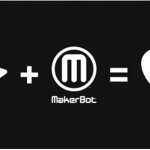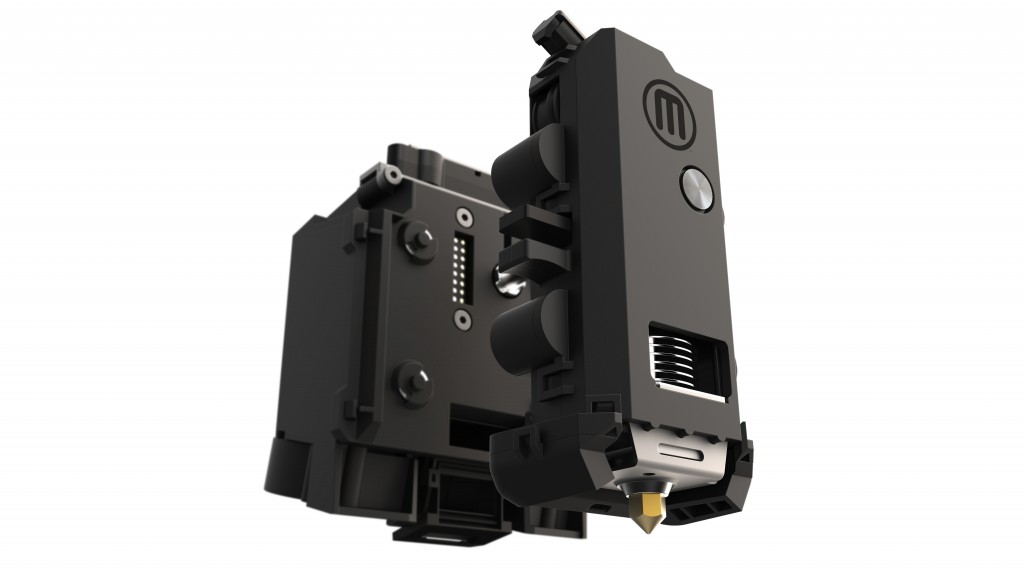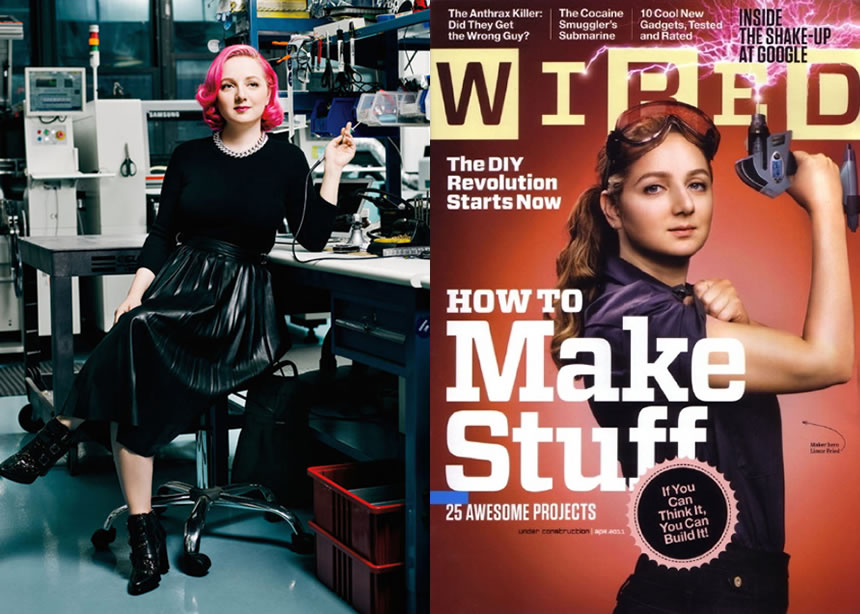From a strictly business point of view it could be argued that, for a company that has sold over 80,000 3D printers, pretty much more than any other company, ever, in the history of 3D printing, New York City-based MakerBot does get quite a lot of criticism. Paradoxically. this criticism comes from both, diametrically-opposed sides of the industry spectrum: the Maker and the financial communities.
Nevertheless, the difficulties the company has experienced both on the customer experience and – by extension – on the investor’s confidence fronts (as far as its mother company, Stratasys, is concerned) have shown some of its policies need to be reviewed. Stratasys used MakerBot to target the consumer segment; however, this segment does not exist yet, at least not in the numbers Stratasys initially envisioned. The “3D printing end-user” population is – and will continue to be for the foreseeable future – mostly made up of Makers. And Makers are Adafruit’s primary target.
Makers don’t value ease-of-use as a top priority as much as they generally value product quality, positive user feedback, and accessible costs. These are all traits generally associated with open source business models. Among the issues that have most plagued MakerBot, both on distributive and communication levels, are its swift departure from a purely open source business model (we will not get into the details here, but a lot has been written on this over the past months) and a “complex” commercial and distributive asset, which has been deemed unsupportive of resellers.
To address these and other issues, a new CEO, Jonathan Jaglom, was in last March and, as an experienced businessman hailing from Stratasys, he welcomed the challenge, sitting down and openly discussing these subjects with a company that has been among its harshest critics, albeit, the one company that can best help it get back on the open track to growth: New York City-based, open source manufacturing sensation Adafruit.
The company, founded by Limor Fried (aka Ladyada), has experienced strong growth, while always remaining focused on an open source approach. In the recent talk with Ladyada and the Adafruit team, Jaglom said he was certain that his company will re-build user trust. In this respect, he stated that he does not intend to implement Stratasys-like DRM policies on MakerBot filaments. “It would be expensive, hard to enforce, cause less sales – there’s not a lot of compelling reasons to do that,” Jaglom said, adding that “Stratasys should not speak on behalf of MakerBot if they’re going to talk to the Copyright Office regarding DRM protection/issues because it’s not helpful for the MakerBot and 3D printing community.”
Ladyada suggested one way for the company to re-build Maker trust is to open source parts of MakerBot’s 3D printers, such as the Gen 5 motor controller/driver PCB (which Ladyada said is not protectable anyway). The Adafruit team also suggested looking at Apple’s policies on open source for inspiration. Jaglom somewaht “deflected” the questions, arguing that one possible approach to open source would be to continue promoting the open parts of Thingiverse and its APIs.
With respect to distributive policies, Jaglom also said that he is to embark on a tour covering 22 states in about 12 weeks to speak with customers, prospects, and power users and listen to their thoughts and learn about their needs. Adafruit specifically said they would consider stocking MakerBot products again, but would require better margins and a change in MakerBot’s distributor’s reseller and return policies, deemed not so “friendly”. In particular, the Adafruit team said that the price of MakerBot products seems to have gone up, while the price of other quality 3D printers have went down. The only exception being the Digitizer 3D scanner, which MakerBot has been selling below the cost that many distributors purchased it at.

In conclusion, MakerBot’s CEO agreed that he does not see patents as necessary. He joined the growing “Elon Musk-inspired” consensus that the only way to win in high tech businesses is by innovating rapidly and offering great service and support. This new trend may manifest itself over the upcoming months through new communication and community-building initiatives on Thingiverse, as suggested by the Adafruit team. It will not be easy to do a full turnaround while carefully balancing Stratasys’ demands and the open source community’s. A possible balance, however, does exist. Finding that balance is what the 3D printing industry is all about.




